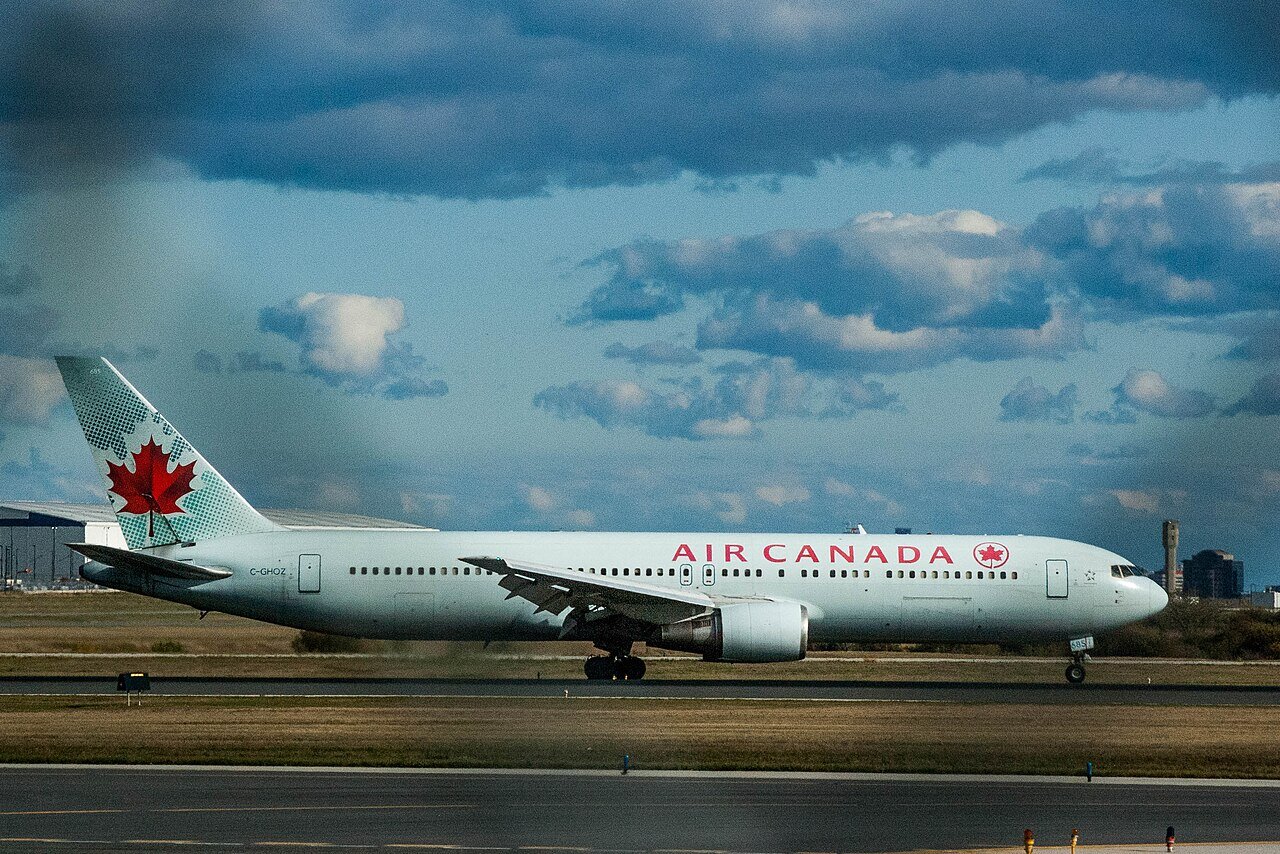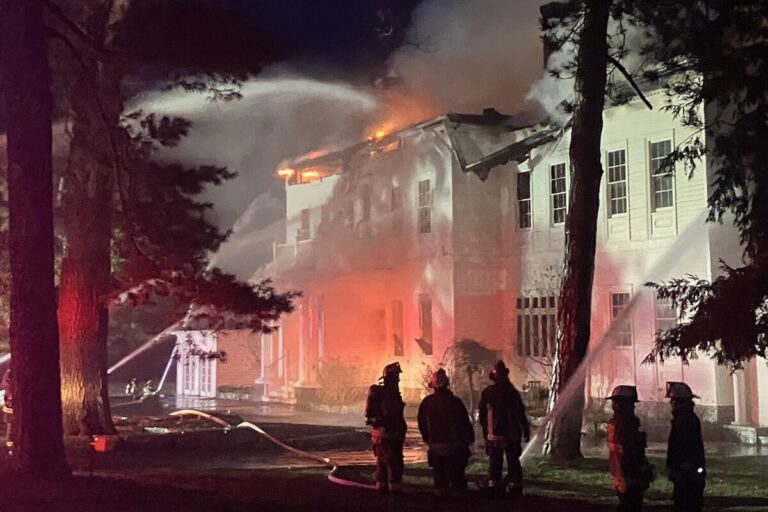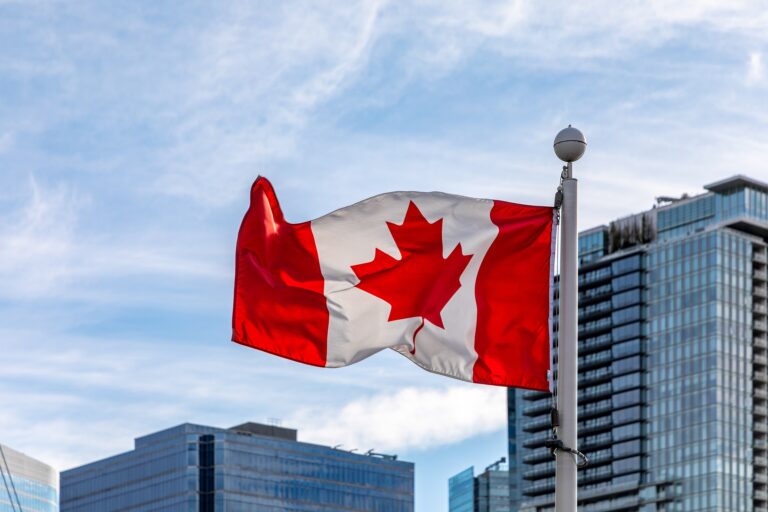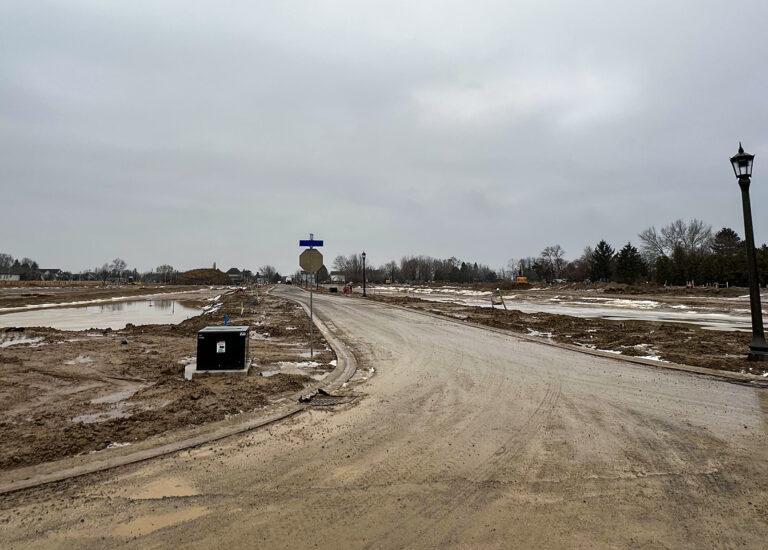Steve McGuinness
Special to Niagara Now/The Lake Report
Work stoppages benefit no one. Customers suffer from service disruptions. Corporate earnings decline, depressing shareholders’ stock values.
Even when workers return to work, after settling for better pay or benefits, it can take months, if not years, to win back wages lost to the strike.
Recently, Air Canada’s unionized flight attendants withdrew their services. This led to a cascade of flight cancellations, disrupting passengers’ travel plans.
Air Canada shares trended down in trading, anticipating lost revenues coupled with higher labour costs, shrinking earnings.
Then, the federal government intervened, invoking a back-to-work order and imposing binding arbitration.
This response came in a lightning-fast 12 hours. Compare this to the relatively patient restraint the feds exercised in the recent postal strike.
This begs the question: are flights on a major air carrier more of a vital commodity than mail delivery in 2025?
When does a public service cross over the line from necessary to essential?
If air travel is an essential service, then should cabin crews’ compensation be settled the same way as with police, who never need to strike? Police inevitably secure above-average salary increases.
Without questioning the value of policing services, it’s likely no coincidence that males dominate in that profession as much as women predominate in the flight crew ranks. Gender pay parity gaps may have narrowed, but they still persist.
Cabin attendants, like cops, are also responsible for public safety in emergencies.
Anyone viewing February’s footage of passengers escaping the Delta aircraft, flipped onto its back on an icy, wind-swept Pearson runway, appreciates this. Calm flight crew directions played a pivotal role in ushering passengers to safety.
These staff also work in increasingly hostile economy class cabins, calming passengers disgruntled by flight disruptions, crowded low-legroom seating and increasing baggage restrictions — conditions imposed by management’s profit-seeking business policies.
Yet, according to union leaders, their current contract requires “hours and hours of unpaid labour.”
The union complains that their work time clock only runs when the plane is in motion, leaving them performing many tasks pre- and post-flight off the meter. This further depresses their wage rate per hour.
This situation echoes another recent uncompensated overtime labour dispute decided in favour of a predominantly female workforce.
That one played out in the non-unionized banking industry and was resolved by a class-action lawsuit benefiting 30,000 workers.
The case was originally brought on behalf of a CIBC bank teller in 2007, but didn’t result in a final settlement against the employer, totalling $153 million, until 2022.
For the moment, the flight crew’s union has public opinion on its side. According to an Angus Reid online poll, 84 per cent of surveyed Canadians consider it unfair that attendants are only paid for work while the plane is in the air.
Buoyed by this, union leadership vowed to defy the back-to-work order.
The CEO, who earned about $12.5 million in 2024 total compensation, professed disappointment and amazement at this militancy. Then the grounded contract negotiations took off again.
In his Bay Street career, Steve McGuinness was a senior advisor to large financial institutions and is now retired in NOTL. Send your personal financial planning questions to him at smcgfinplan@gmail.com.










